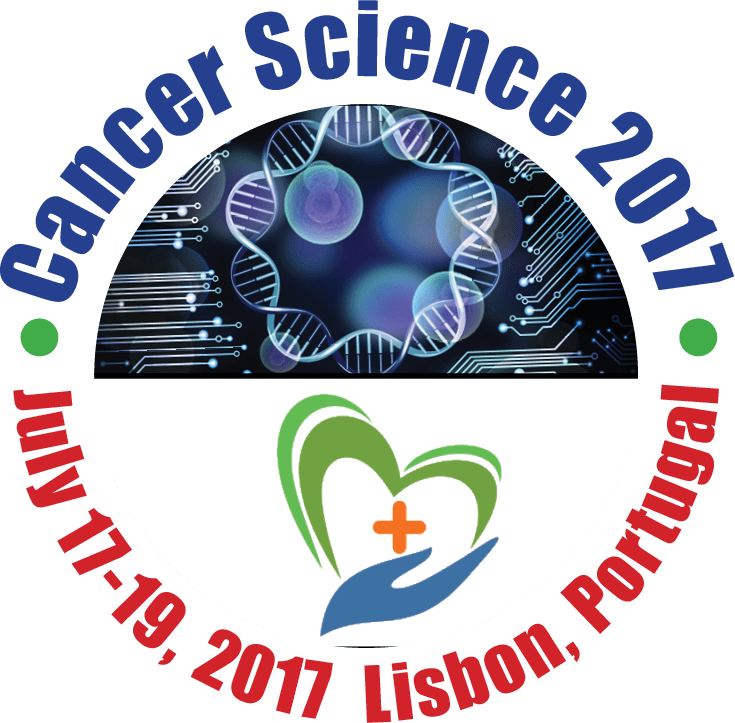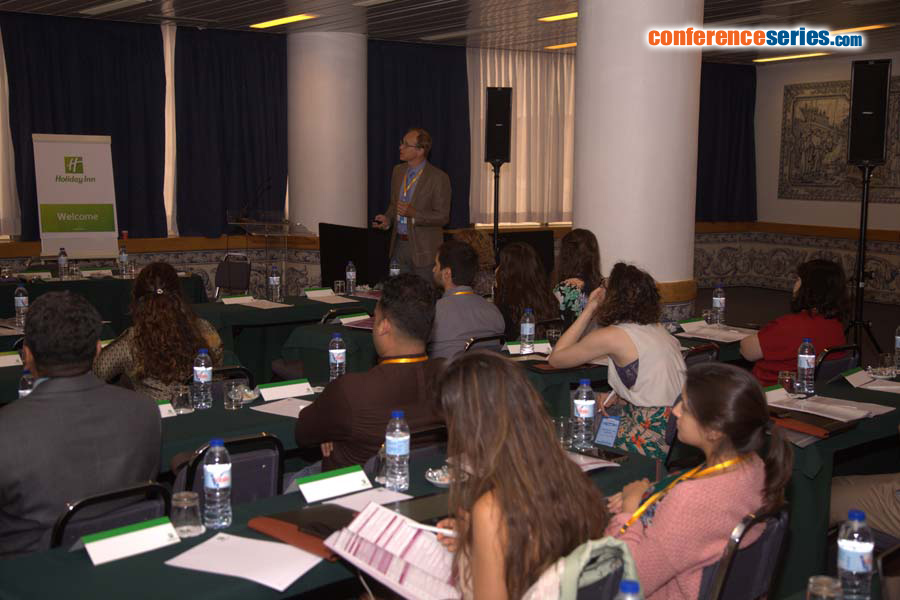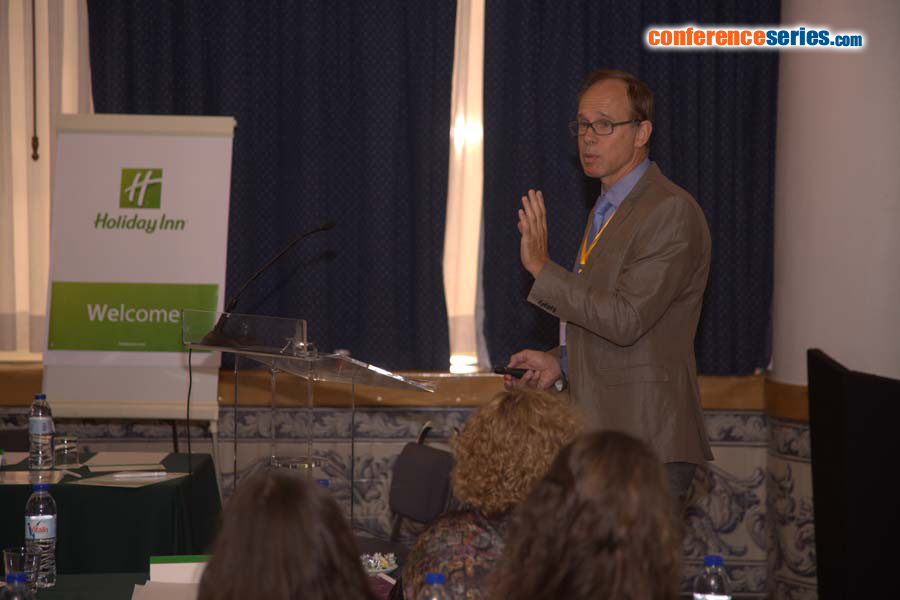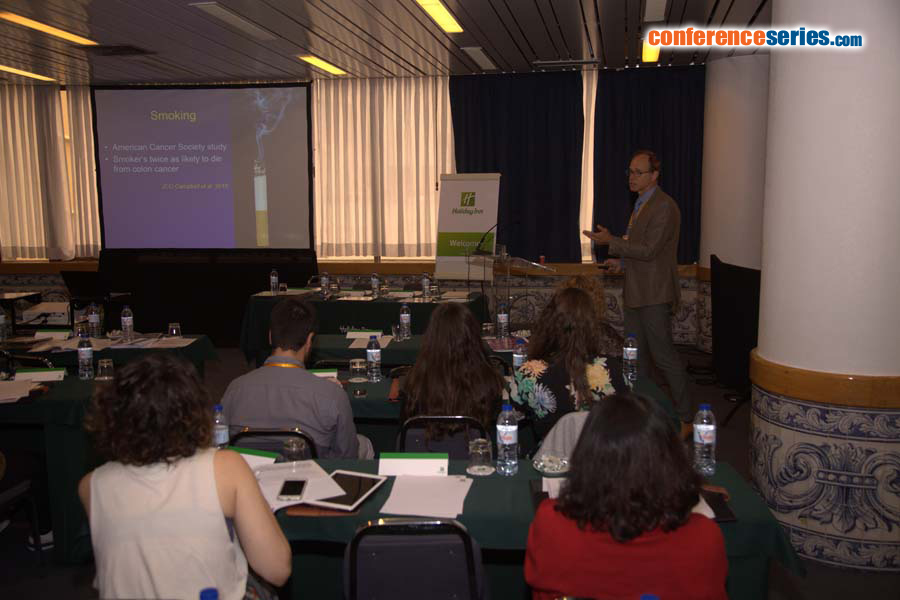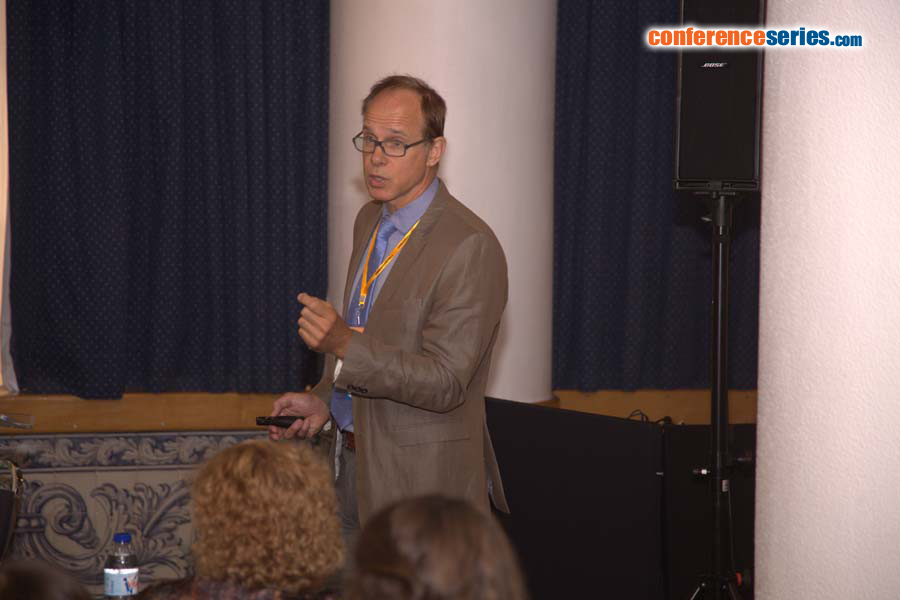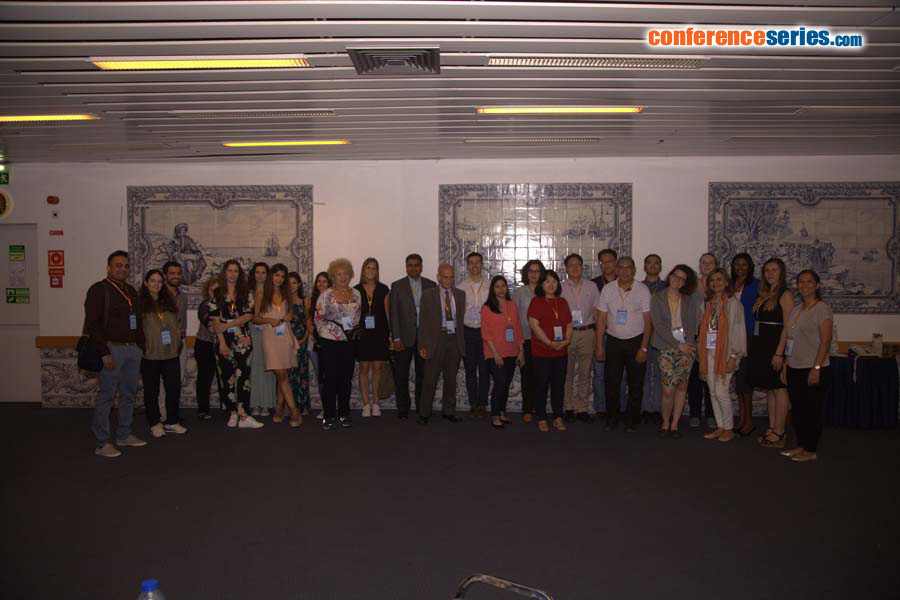
Robert Thomas
Bedford and Addenbrooke’s Cambridge University Hospitals, UK
Title: Lifestyle after cancer to reduce toxicity and improve outcomes – What evidence based strategies should we advise patients?
Biography
Biography: Robert Thomas
Abstract
As the chance of surviving, or achieving long term control, after cancer is improving, the number of people living with the consequence of cancer treatments at any one time is dramatically increasing. In the UK alone, this number has increased from two-three million in just five years. As consequences, the case for developing effective, self-help initiatives has never been stronger. This talk summarizes the international evidence, which proves that physical activity, nutrition and other lifestyle strategies can substantially reduce the risk of developing cancer, improve outcomes and ameliorate many of the long toxicities of consequences of biological therapies, chemotherapy and hormones and radiotherapy. These include fatigue, hot flushes, weight gain, arthritis, osteoporosis and mood disorders. This talk also highlights the underlying biological processes that take place in the body after a healthy lifestyle, which can have direct and indirect anti-cancer effects. By looking only at the scientific evidence, it breaks down the myths behind which foods to avoid and which to eat more of including nutritional interventions. It highlights the results of the world’s largest double blind randomized study of the National Cancer Research Network (NCRN) evaluation of a polyphenol rich nutritional intervention (The Pomi-T study). It emphasizes the potential risks and benefits of mineral and vitamin supplements to boost a healthy diet.
